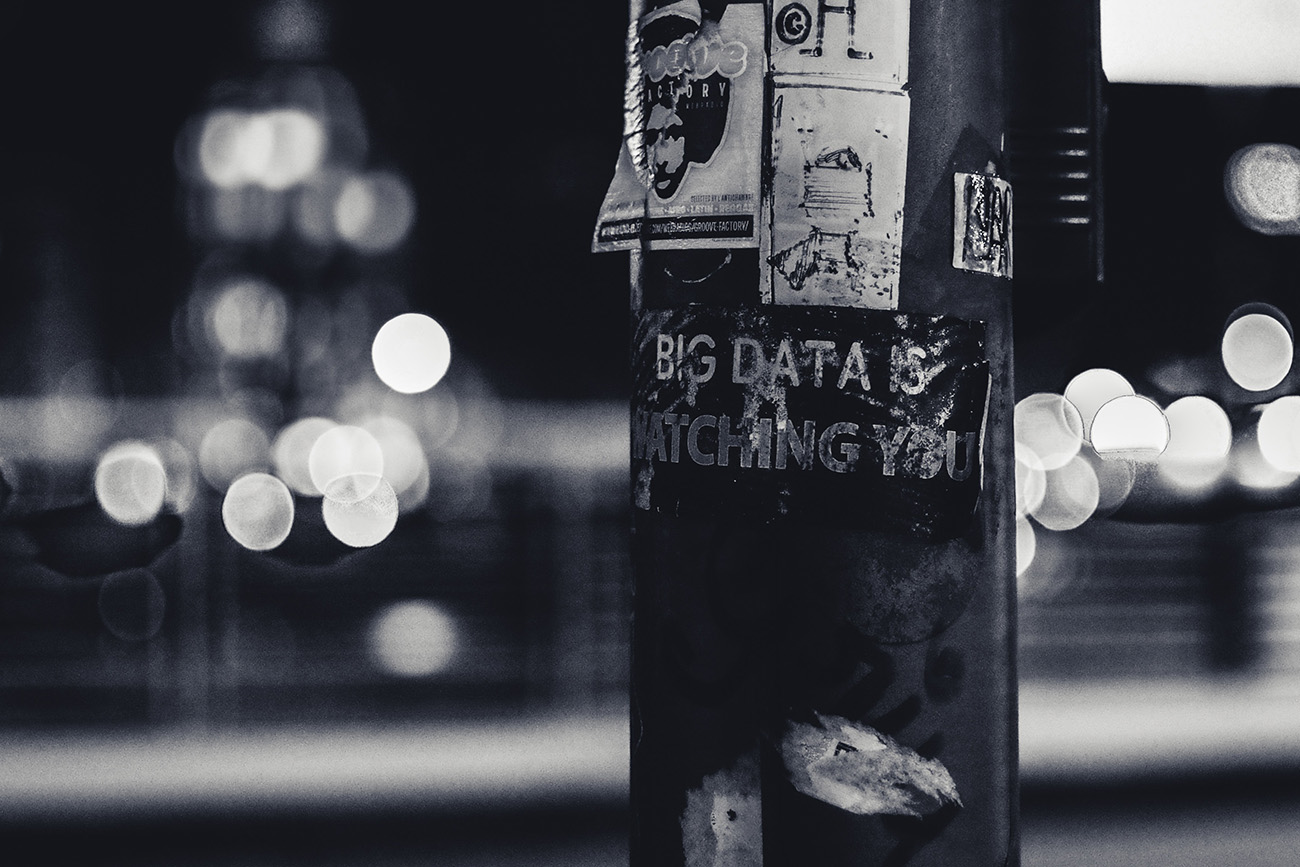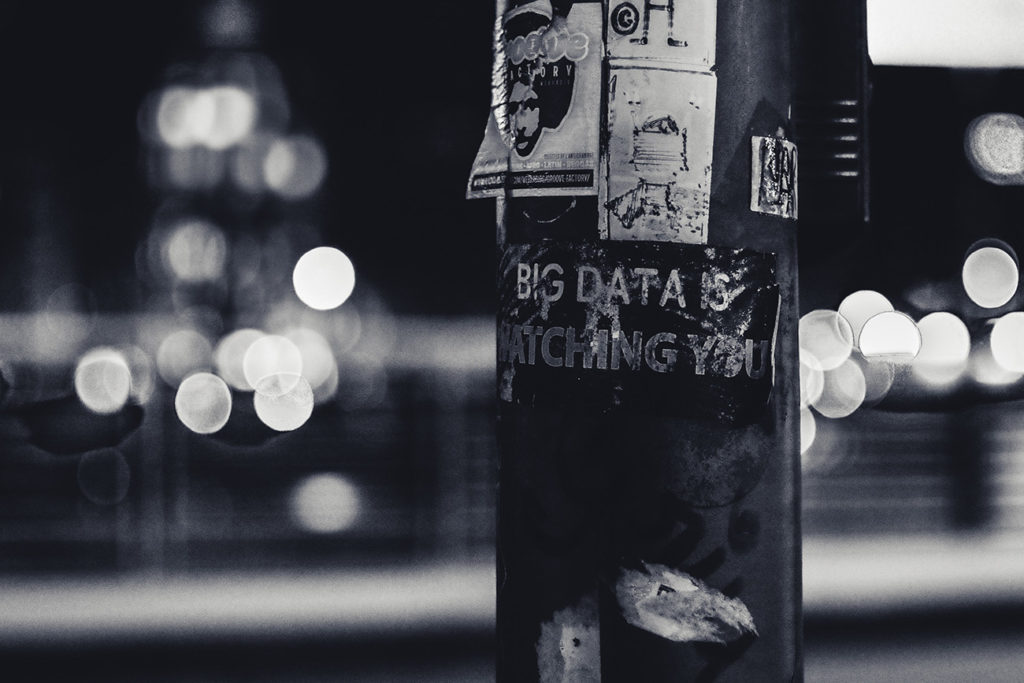Most Recent News


Popular News



Facebook, Cambridge Analytica, and Global Science Research (GSR). Another day, another data breach with added privacy intrusion.

Here’s a short version since most of you have read this by now: Cambridge Analytica is a political data consulting agency that licensed data from GSR (Global Science Research Company).
GSR got the data from Facebook (they did not “hack” Facebook). This means GSR got the data through fully legal channels, through their tracking software provided by Facebook. Which are available for research. And ironically, are so “private” that even I could access them if I wanted too.
Cambridge Analytica released a press statement to clear some of this up. Whether it is actually true or not, I couldn’t tell you. But here are the highlights:
Cambridge Analytica did not use the GSR data or any derivatives of this data in the US Presidential Election. We used data from the RNC, data from public sources such as the voter registry, data from commercial data brokers, and research we collected ourselves with a clear statement of consent.
The claims that we used GSR data for the Trump campaign are simply untrue. Cambridge Analytica did provide polling, data analytics and digital marketing for the Trump campaign.
These are the same methods by which data is used for every other campaign. We used the same kind of political preference models used by the Obama and Clinton campaigns; however we started five months out from Election Day and did it with far fewer resources and data. It’s very rare to have one vendor working across so many different campaign functions – we’re proud that we integrated polling, data science and marketing into a single operation. Having a large amount of control over each of these three areas allowed us to be extremely efficient and reactive.
Cambridge Analytica did not work at all on the Brexit Referendum. We subcontracted some digital marketing in the USA and some software development to an unrelated Canadian company introduced to us by Mr. Wylie called Aggregate IQ (AIQ) but did not work with them on the Trump campaign. We pitched Leave.eu, Vote.leave and Remain but did no work paid or unpaid for any of these entities. We had discussions with UKIP, but these discussions never resulted in a contract. In the end, we were not involved in the referendum in any capacity.
Covering their ass or telling the truth? Who knows? Does it really matter?

In any account you have online, consider it just a statement of fact that at least 20 different companies have access to all the information within it. Private or not.
And usually, they have access to every single one of your online accounts and can compile that information accordingly by an ID tag.
No, not really.
This happens daily, legally. Data is becoming one of the biggest things on this planet. If you’re not paying for a product, then you are the product. In some cases, even if you are paying for a product, you are still the product.
Apparently, I’m one of the seven other people that are actually worried about this trend of privacy aversion in modern society.
Is it really so hard to think that one day a malicious company could use this information as blackmail? They have access to so much. Private messages, pictures, travel arrangements, social circle, search engine results, the list is endless.
The normal response is, “What do you have to hide?” or “Oh, it’s plenty safe. It’s just a user ID, not actually traceable. Let them use the data to make other things better.”
But all it would take is one company with the wrong intentions, and the right data, to target one powerful individual and make them bend.
Think about it. The future Presidents, the future lobbyists in Washington, the future heads of major branches of government, all of their information is getting scraped as we speak.
Are we so blissfully optimistic and trusting as a society that we don’t think that one person with the right technological prowess may use this in a malicious way in the future?
No, I’m not a trusting person. Never have been. So maybe I don’t think like everyone else.
But just look at what data scrapers have access to. Look at how easy it would be to put two and two together to tie a user ID to an individual. Or hell, just offer some money under the radar to get that information.
Cambridge Analytica isn’t anything “new”. This privacy breach is not revolutionary. It happens all the time. It feels like just yesterday Equifax had their massive data breach, eradicating any faith left in the traditional credit system.
Be careful what you put online. It could come back to bite you. More than likely, it’s going to come back to bite us all.
The data breach and privacy intrusions that happen by these types of companies is something that I’m positive will be causing a problem in the future.
And I’m happy I’ll have all these articles of mine to reference when it does. At least then there will be plenty of people who could say “Everyone warned you”.

But I don’t want to end this article on a negative note.
So while going through Cambridge Analytica’s press releases to get myself up-to-speed, I found a hilarious note about Hillary Clinton’s failure in the 2016 election.
They were talking about how their data may have “impacted” the 2016 election [They had minimal involvement, mostly polling-related at that time].
I can definitely picture some small-time Cambridge Analytica copy-editor getting a good kick out of this one:
What was our impact?
Elections are won or lost by candidates, not data science. Data is important in modern campaigns for deciding how to allocate resources and for making advertising more efficient, but of course the candidate and their message ultimately needs to connect with the electorate.
They may be data scrapers, but at least they know how to make a laughingstock out of a failed political campaign. I’ll give them that much.
(Learn More About The Dominion Newsletter Here)